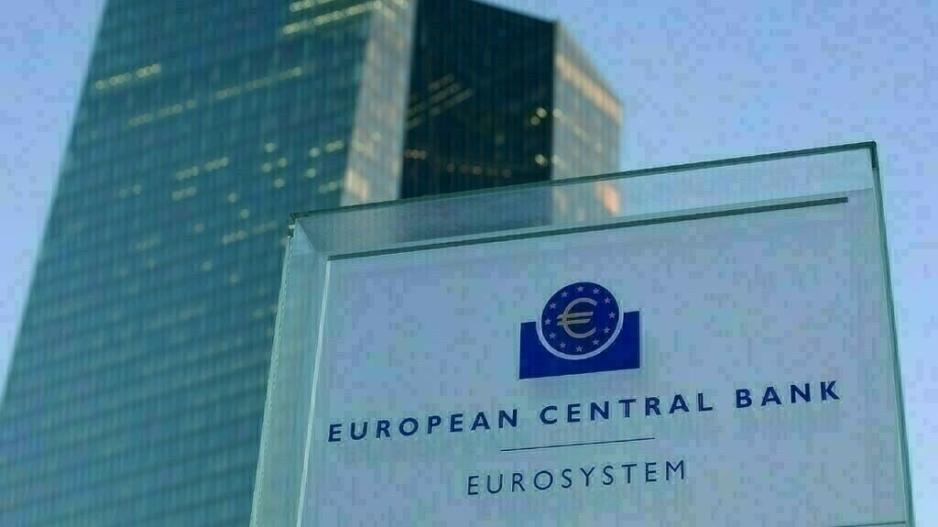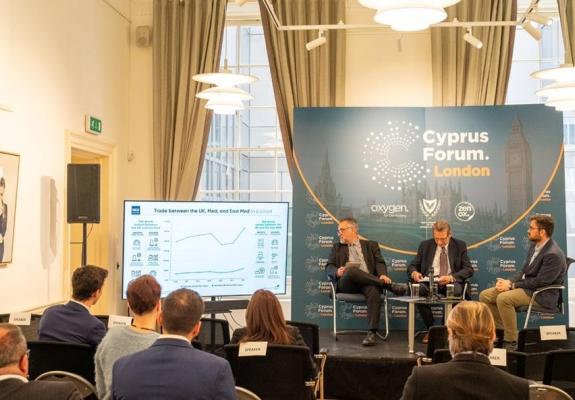ECB Expected to Announce Fourth Rate Cut of 2024
Recent political crises in the Eurozone's two largest economies, Germany and France, have underscored the need for continued monetary policy easing.
The European Central Bank (ECB) is anticipated to announce its fourth interest rate cut this year—and the third consecutive reduction since September—during its meeting on Thursday, December 12.
The deposit rate is expected to be lowered by 25 basis points, or one-quarter of a percentage point, bringing it down to 3% from its current level of 3.25%.
With inflation stabilizing near the ECB's 2% target and the Eurozone economy facing significant challenges in recent months, the rate cut is seen as a necessary step to improve prospects for businesses and households.
Recent political crises in the Eurozone's two largest economies, Germany and France, have underscored the need for continued monetary policy easing. Political uncertainty has negatively affected business performance, with activity in France shrinking to a 10-month low in November, according to S&P Global's monthly survey. Similarly, business activity in Germany declined to a nine-month low.
In addition to political instability, the prospect of a trade war with the United States poses another risk. If President-elect Donald Trump follows through on his campaign promise to impose tariffs of 10% to 20% on European products, the German economy—Europe's most export-oriented—would be particularly vulnerable. Meanwhile, ongoing conflicts in Ukraine and the Middle East continue to weigh heavily on the region.
While a larger rate cut is unlikely, the ECB must carefully navigate persistent inflationary pressures in the services sector. Over the past year, prices for services—including rents, dining, tourism, and retail—have risen steadily at an annual rate of around 4%, significantly higher than the overall inflation rate.
The Eurozone’s harmonized consumer price index rose by 2.3% in November year-on-year, compared to 2% in October and 1.7% in September. This recent uptick is largely attributed to a base effect from energy prices, which had dropped significantly in the autumn of 2023. Excluding energy prices, core inflation remained steady at 2.7% in both October and November.
The ECB projects that by 2025, inflationary pressures in the services sector will ease due to slower wage growth, allowing the overall inflation rate to stabilize sustainably at the 2% target. Interest rate cuts are expected to continue into 2025, with markets predicting further reductions at each ECB meeting until rates approach 2%.






